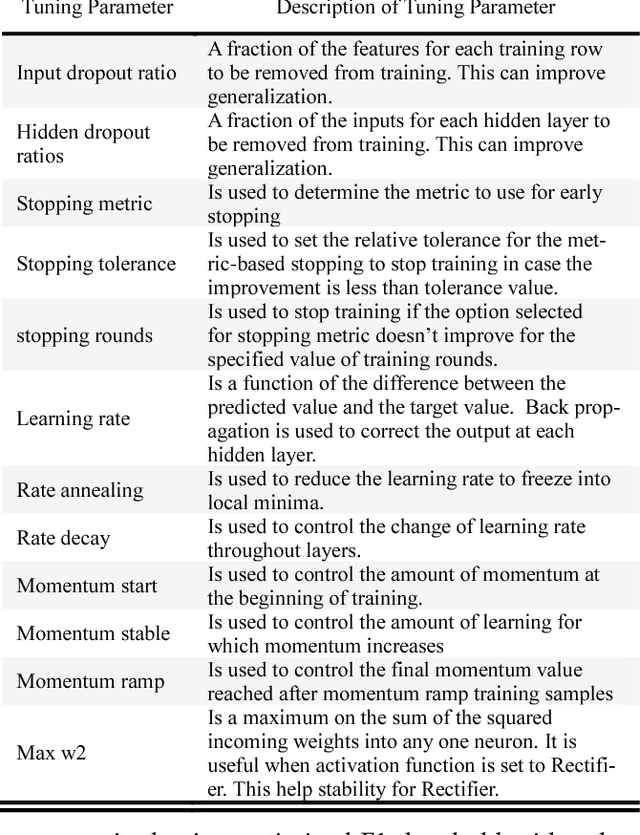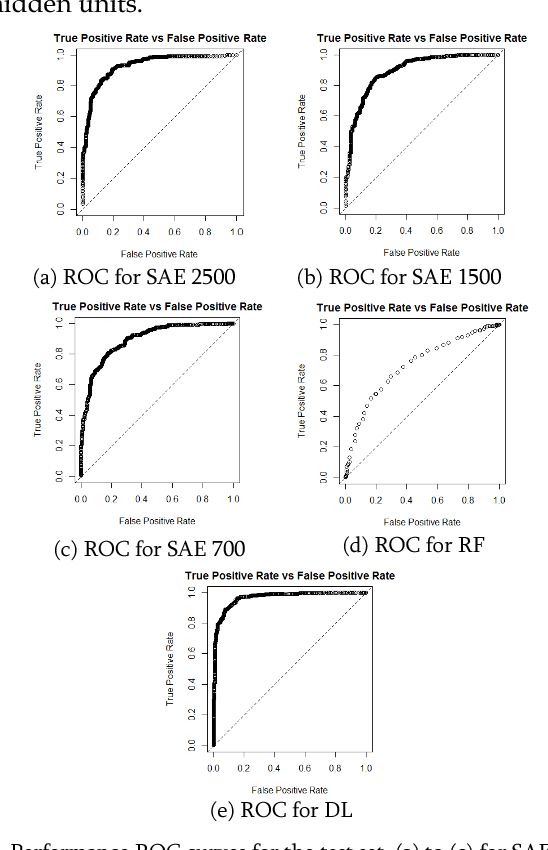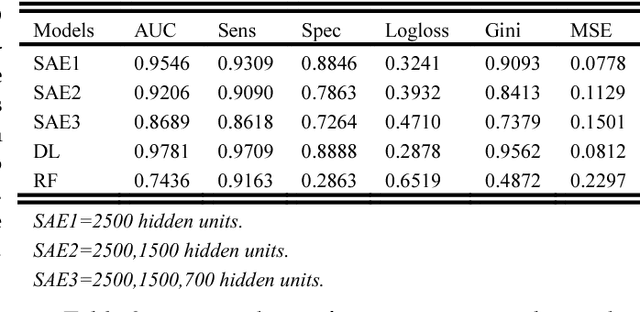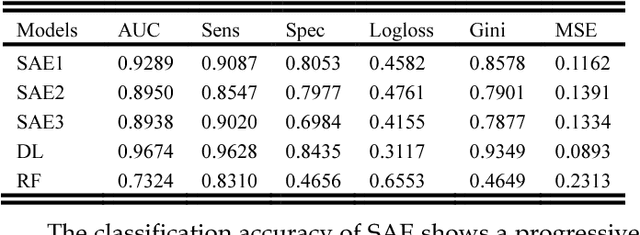Extracting Epistatic Interactions in Type 2 Diabetes Genome-Wide Data Using Stacked Autoencoder
Paper and Code
Aug 28, 2018



2 Diabetes is a leading worldwide public health concern, and its increasing prevalence has significant health and economic importance in all nations. The condition is a multifactorial disorder with a complex aetiology. The genetic determinants remain largely elusive, with only a handful of identified candidate genes. Genome wide association studies (GWAS) promised to significantly enhance our understanding of genetic based determinants of common complex diseases. To date, 83 single nucleotide polymorphisms (SNPs) for type 2 diabetes have been identified using GWAS. Standard statistical tests for single and multi-locus analysis such as logistic regression, have demonstrated little effect in understanding the genetic architecture of complex human diseases. Logistic regression is modelled to capture linear interactions but neglects the non-linear epistatic interactions present within genetic data. There is an urgent need to detect epistatic interactions in complex diseases as this may explain the remaining missing heritability in such diseases. In this paper, we present a novel framework based on deep learning algorithms that deal with non-linear epistatic interactions that exist in genome wide association data. Logistic association analysis under an additive genetic model, adjusted for genomic control inflation factor, is conducted to remove statistically improbable SNPs to minimize computational overheads.
 Add to Chrome
Add to Chrome Add to Firefox
Add to Firefox Add to Edge
Add to Edge